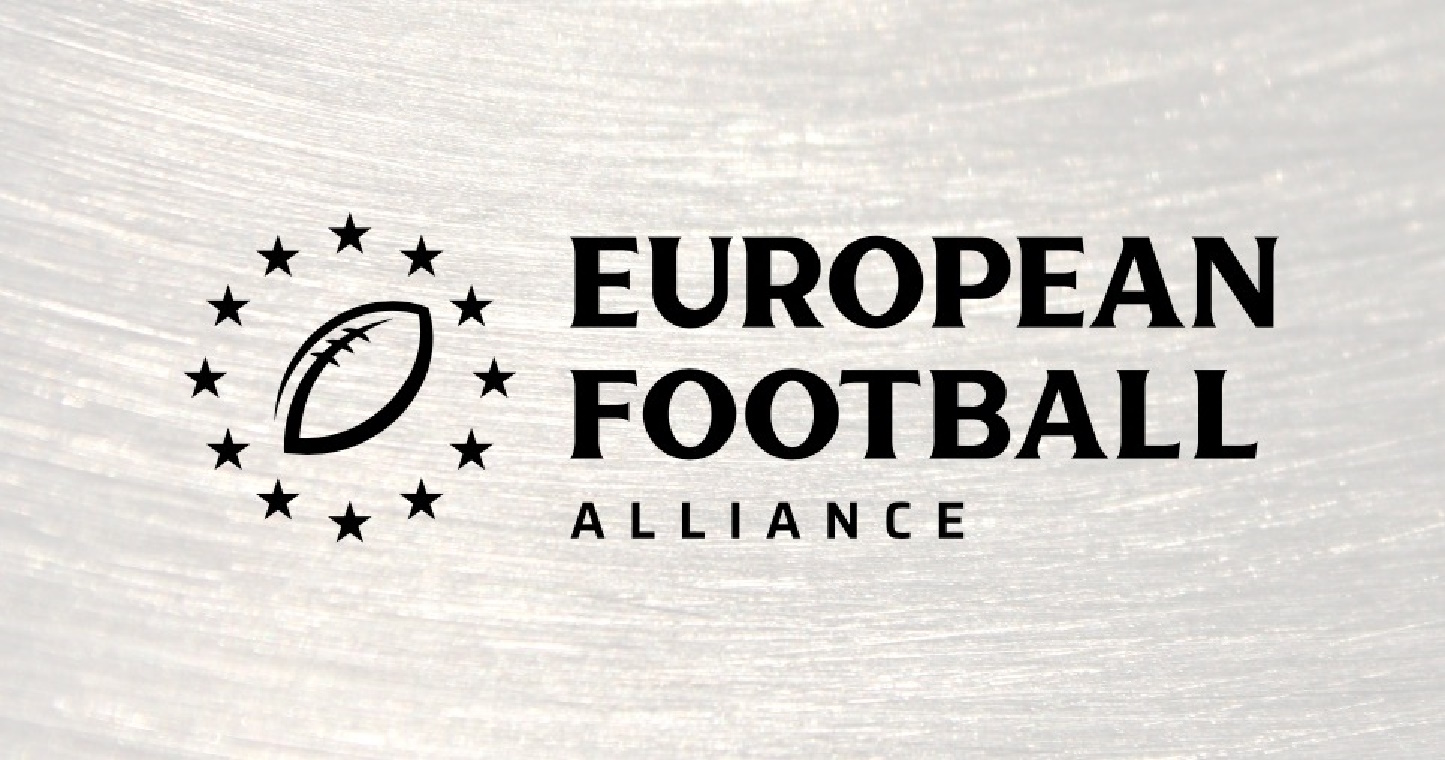Key statement from the European Football Alliance: For a fair future of European Football

The European Football Alliance (EFA), an association of several franchises from the European League of Football (ELF), including some of the league’s most traditional and successful organizations, calls for structural reforms, economic fairness, and genuine transparency.
We believe in the ELF project. Our organizations have helped build it over the years and have carried it through difficult conditions. The idea is strong, and the sporting potential is there. However, five years after the league’s founding, the ELF’s recently published statements highlight the league’s fundamental structural problems:
“The ELF was founded in 2020 to professionalize football in Europe and to give the sport the stage it deserves. In just five years, we have created structures that never existed in this form before. The ELF has international reach, a strong partner network, and is followed by football fans all over the world.”
In reality, operational quality, economic integrity, and the sporting product have at best stagnated and in many areas, they have clearly deteriorated. The league and its decision-makers have so far failed to attract, retain, or strategically develop significant sponsors. This is largely due to the poor business reputation and disappointing track record of the league’s senior management. As a result, the credibility of the franchises is also negatively impacted, making
it more difficult to build long-term partnerships and ensure financial stability.
“On the other hand, the ELF is still a start-up, and it’s inevitable that not everything runs perfectly.”
The “start-up excuse” directly contradicts the previous claim and is simply no longer acceptable. As also stated in the ELF’s own communication, it is the league’s responsibility to provide an adequate framework for the successful operation of all organizations, a responsibility that is currently not being fulfilled. Moreover, it reveals the league’s growing detachment from reality, as well as a lack of seriousness and respect when the structural and financial challenges faced by franchises are dismissed with the statement: “it’s inevitable that not everything runs perfectly.” Especially when some of these issues are caused by league-related shortcomings,
such as delayed or missing revenue distributions.
“The league is in regular communication with representatives of all franchises, takes criticism very seriously and engages with it, is always open to constructive conversations, and continuously works to optimize its processes.”
The impression that there is constructive dialogue with the franchises is not accurate. Discussions between the parties remain without result, are delayed, or devalued through vague generalizations. The openness suggested by the ELF does not match the reality faced by the franchises.
Franchises do not receive reliable information on key revenue sources such as TV contracts, sponsorship agreements, or merchandising income. In many cases, revenues are paid out significantly late or not at all, while open claims against franchises remain unresolved.
“Franchises are independent businesses and responsible for building their own structures. The league provides a framework and offers support and advice. The goal of the ELF remains to sustainably develop football in Europe together with all stakeholders.”
While the league controls central revenues, the franchises bear the majority of operational costs. There are no mechanisms to support financially weaker markets. Instead, the league operates within a structural model that increasingly burdens franchises, hinders their financial development, and is driven by one-sided interests. Franchises that are in direct financial proximity to the league’s ownership receive preferential treatment, in terms of access to resources, communication visibility, and operational support.
Furthermore, the “framework” that is mentioned has not evolved accordingly since the league’s founding. Instead, it has been overstretched by the league’s unprepared expansion and, in light of multiple franchise withdrawals and insolvencies, clearly exceeded its limits. This unequal distribution of resources, along with the financial pressures many franchises face, inevitably leads to a noticeable decline in the league’s overall sporting quality. Teams under economic pressure often cannot invest in professional medical care, sustainable infrastructure, or a stable game-day operation. As a result, injury risks for players increase, and the quality of training and competition declines, ultimately harming the overall product.
Conclusion:
In the past five years, the league has failed to sustainably improve its operational standards, financial foundation, or the structural conditions necessary for sporting success. Despite a growing fanbase, it has not managed to build reliable sponsorship partnerships or to fairly and transparently distribute central revenues. New franchises have been admitted without proper due diligence, resulting in financial instability and insolvencies.
As a result, sporting competition suffers, players face increased injury risks, and the trust of investors, partners, and fans continues to decline. The franchises of the EFA can and will no longer support this course. We demand a fundamental realignment of the league, with real transparency, economic fairness, and structural responsibility.
The EFA demands:
1. Full transparency regarding central contracts and revenue streams (TV, sponsors,
merchandising)
2. A fair, structured participation of franchises in league revenues
3. Clear regulations on conflicts of interest and ownership structures
4. Mechanisms to support financially weaker franchises
5. The development of a partnership-based league structure
Based on the experiences of the past five years, we seriously doubt the current league
management’s willingness to engage in meaningful dialogue or initiate the urgently needed
steps to improve European football. Therefore, the members of the EFA explicitly reserve the
right to explore all options that serve the long-term preservation and development of their
organizations.